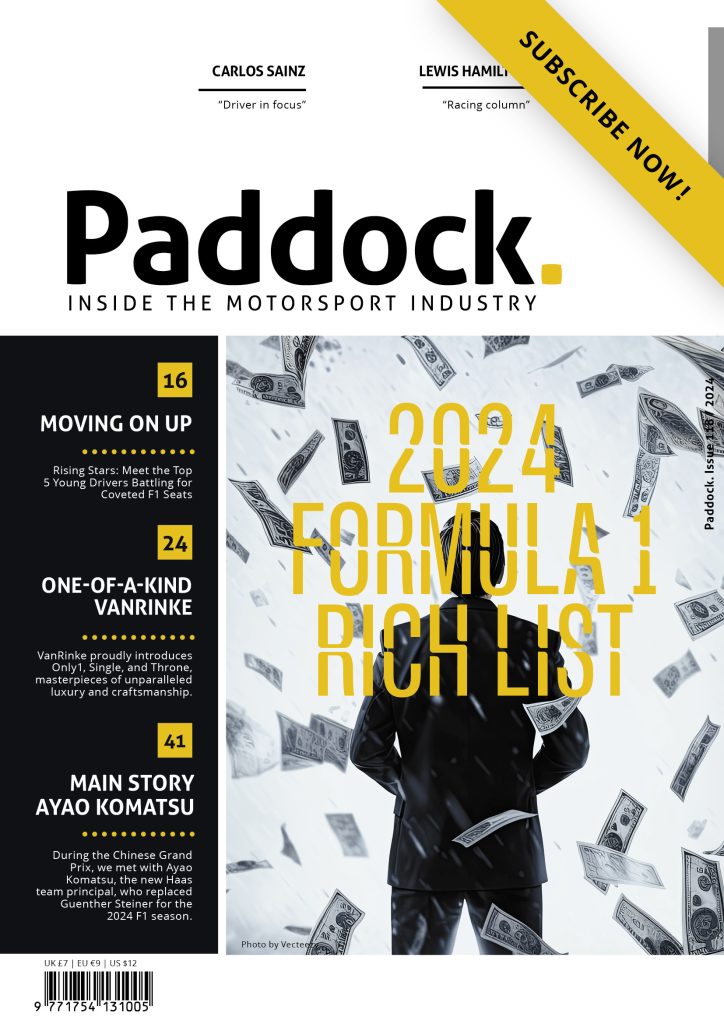| Age | 61 |
| Occupation | Chairman |
| Company | Geely Holdings Group |
| Country | China |
| Position Last Year | New |
Shu Fu Li, born on June 25, 1963, in Taizhou, Zhejiang, is one of China’s most influential automotive entrepreneurs. With a master’s degree from Yanshan University, Li started small but dreamed big.
In 1986, he founded Geely, a company that began by making refrigerator parts. Today, Geely is China’s second-largest private car manufacturer and a serious global player in the automotive arena. In 2010, Li made headlines worldwide when Geely acquired Swedish carmaker Volvo from Ford for $1.8 billion — the largest foreign purchase by a Chinese automaker at the time. This deal not only transformed Volvo but also positioned Geely as a global contender.
Li’s business vision stretches beyond traditional automotive boundaries. In 2018, he partnered with China Aerospace Science and Industry Corp. to develop next-generation supersonic bullet trains, underscoring his belief in the power of homegrown innovation: “Core technology can’t be bought… we have to innovate on our own.”
That same year, Li quietly became the largest single shareholder of Daimler, the parent company of Mercedes-Benz and a key competitor in Formula 1. His 9.7% stake shook the European automotive world and hinted at deeper strategic ambitions, including proximity to cutting-edge motorsport technologies developed through Formula 1.
The motorsport connection deepened in 2022 when Li’s Geely group acquired a stake in Aston Martin — a storied name on the Formula 1 grid. By 2023, Geely had increased its ownership to 17%, making it the third-largest shareholder. Through Aston Martin, Li is now indirectly linked to the high-performance world of F1 — a space where innovation, branding, and global prestige collide.
As a political figure, Li serves at the Chinese People’s Political Consultative Conference and was previously a delegate to the National People’s Congress.
From Taizhou to turbocharged boardrooms, Shu Fu Li’s journey reflects not just industrial might, but an understated move toward the fast lane of Formula 1’s future.







Related Articles